Black peppercorns are the world's most beloved spice, used for thousands of years in culinary traditions.
But how much do you know about them?
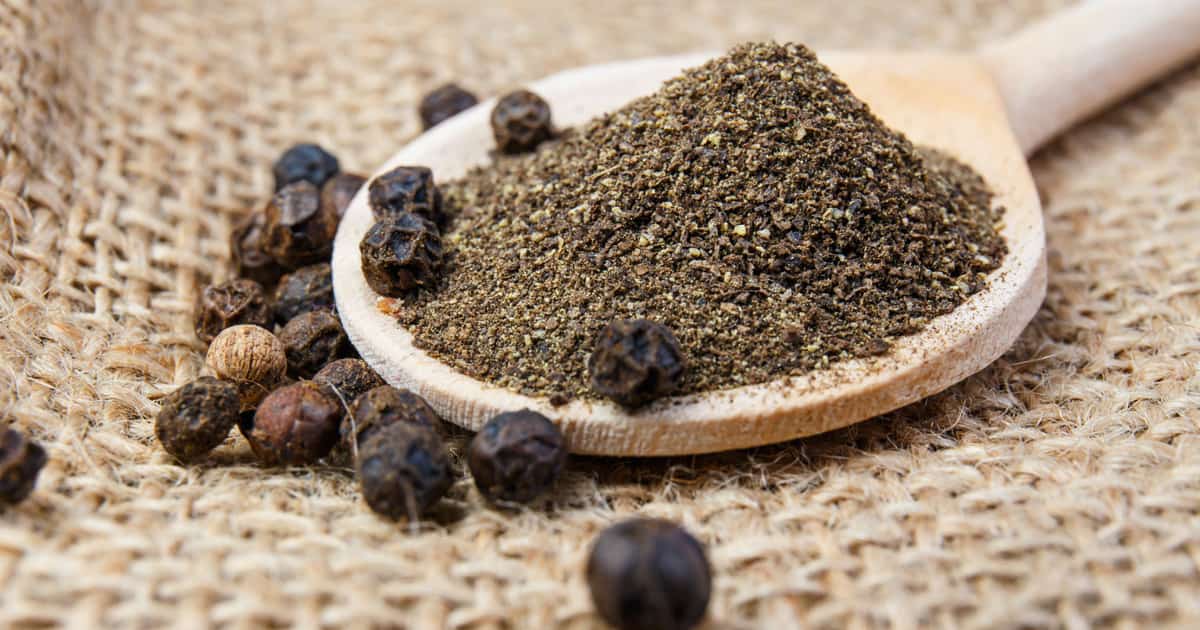
Let's take a closer look at black peppers: their history and nutritional value, different varieties, plus how to incorporate them into your dishes.
What Are Black Peppercorns?
Black peppers are the unripe berries of the pepper plant, which grows in southern India and Indonesia.
Harvested when half ripe, these berries are sun-dried until they turn black.
Black pepper has been around since ancient times as a spice and medicine.
China used it to treat colds and flu, while India utilized it to aid with digestive problems.
Furthermore, pepper was believed to possess anti-inflammatory properties, which allowed it to reduce pain sensations.
Pepper was first made famous in Europe around 1000 AD when Arabic traders brought it over.
At first, only the wealthy could afford it, but eventually, it became widely accessible and sought-after.
By the 1500s, black pepper was growing throughout much of Western Europe. England, France, Spain, Portugal, Italy, and Germany included, with many cultivators flourishing.
Today, black pepper is one of the world's most beloved spices.
It can be found in numerous cuisines like Indian, Thai, Vietnamese, Chinese, Italian, French, and Spanish dishes and used as a seasoning on meat or fish dishes.
Nutritional Benefits of Black Peppercorns
One tablespoon (6 grams) of black peppercorns provides:
- Calories: 7
- Carbs: 1 gram
- Minerals: Iron - 2% of Daily Value (DV)
- Vitamins: Vitamin C at 4% of Daily Value (DV)
- Antioxidants: Quercetin, luteolin, and kaempferol
- Carotenoids: Alpha-carotene and beta-carotene
- Phytonutrients: Phenolic acids, flavones, flavonols, and stearic acid
5 Different Varieties of Black Peppers
There are numerous varieties of black peppers, each with its distinct taste, aroma, and spiciness.
We will list five well-known black peppers known worldwide.
Lampong Black Pepper
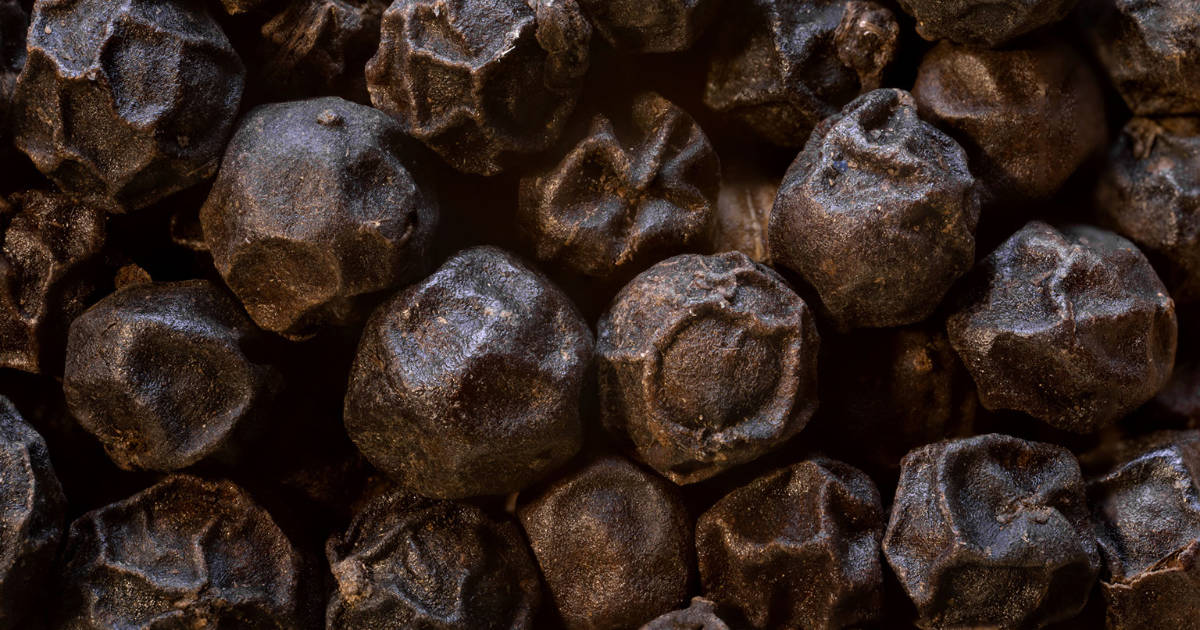
From the Lampong region in Indonesia, Lampong black pepper boasts a bold aroma and zesty flavor.
Packed at its peak ripeness, its high piperine content contributes to its robust taste.
It can be used for seasoning meat dishes, sauces, and soups with its vibrant kick for any culinary creation.
Malabar Black Pepper
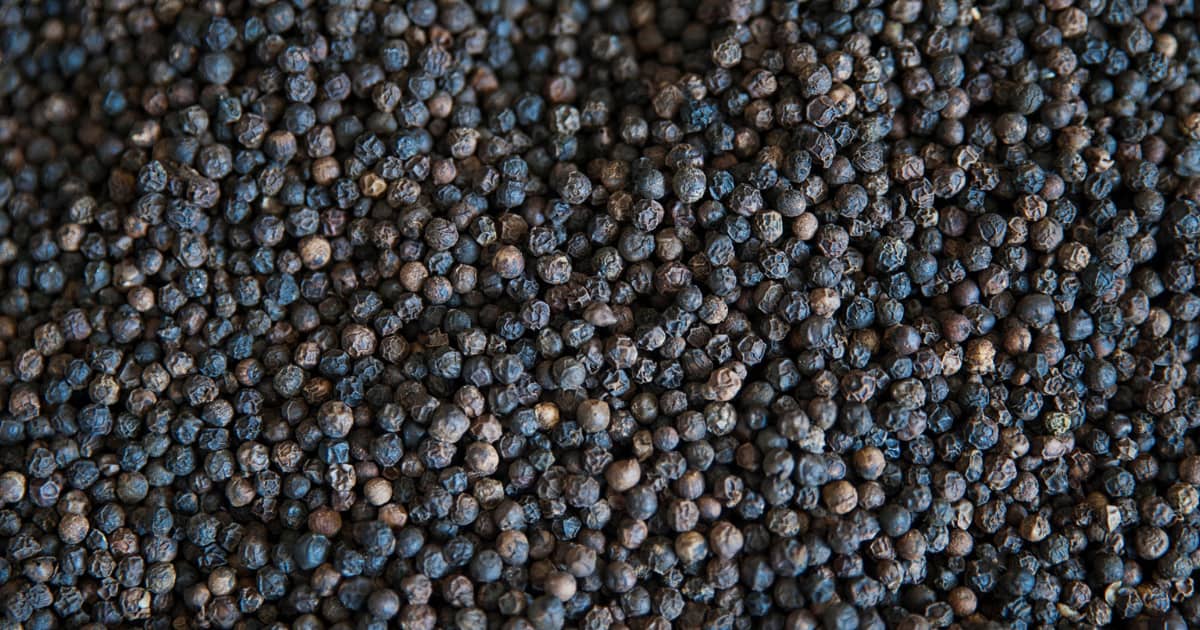
Malabar black pepper, originating from India's Malabar Coast, is renowned for its well-rounded, earthy flavor and aromatic scent.
These large, dark, wrinkled peppercorns have a moderate heat level, making them versatile enough to add flavor to any dish.
Popular in stews, curries, and grilled meats, they make an excellent addition to dishes with balanced tastes.
Sarawak Black Pepper
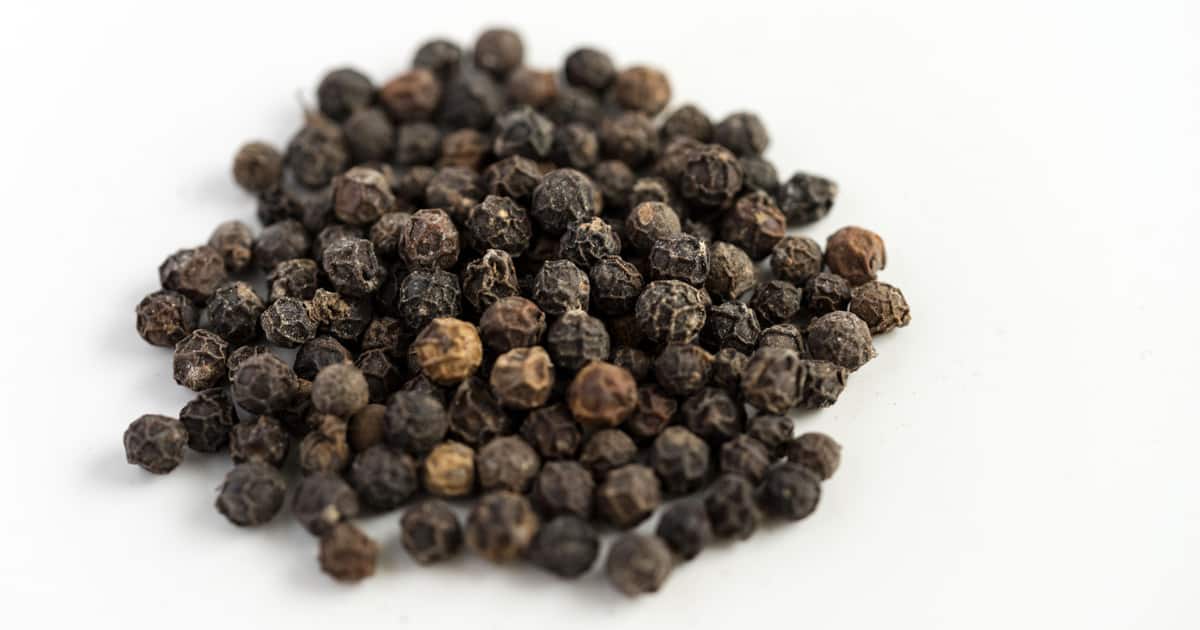
Sarawak black pepper, grown in Malaysia's Sarawak region, stands out for its delicate sweetness and mild heat.
Carefully hand-selected and certified for optimal ripeness and quality, each peppercorn boasts an aromatic aroma with subtle fruity undertones that complement seafood, poultry, and vegetable dishes without overpowering them.
Brazilian Black Pepper
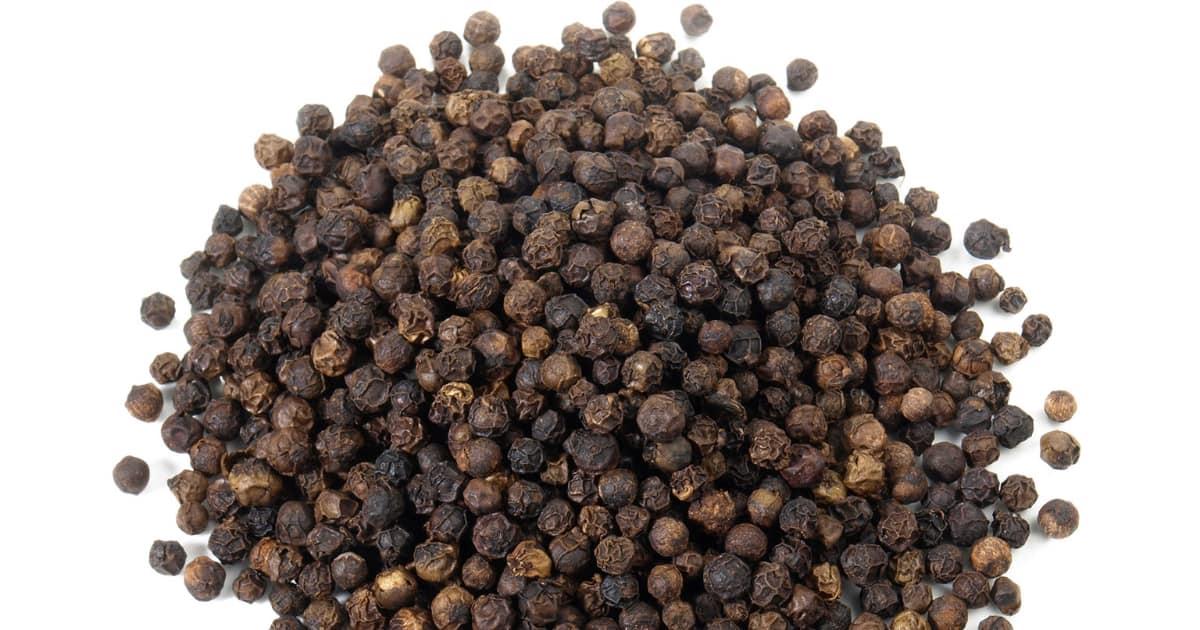
Brazilian black pepper, which comes from the Piper nigrum plant, is a type of black pepper grown in Brazil that stands out for its distinct odor and color of the pulp. It comes in various grades with various densities and specifications.
Recently, Brazilian black pepper has seen increasing demand as an increasingly popular spice, prompting local farmers to expand their production and reach new markets.
Tellicherry Black Pepper
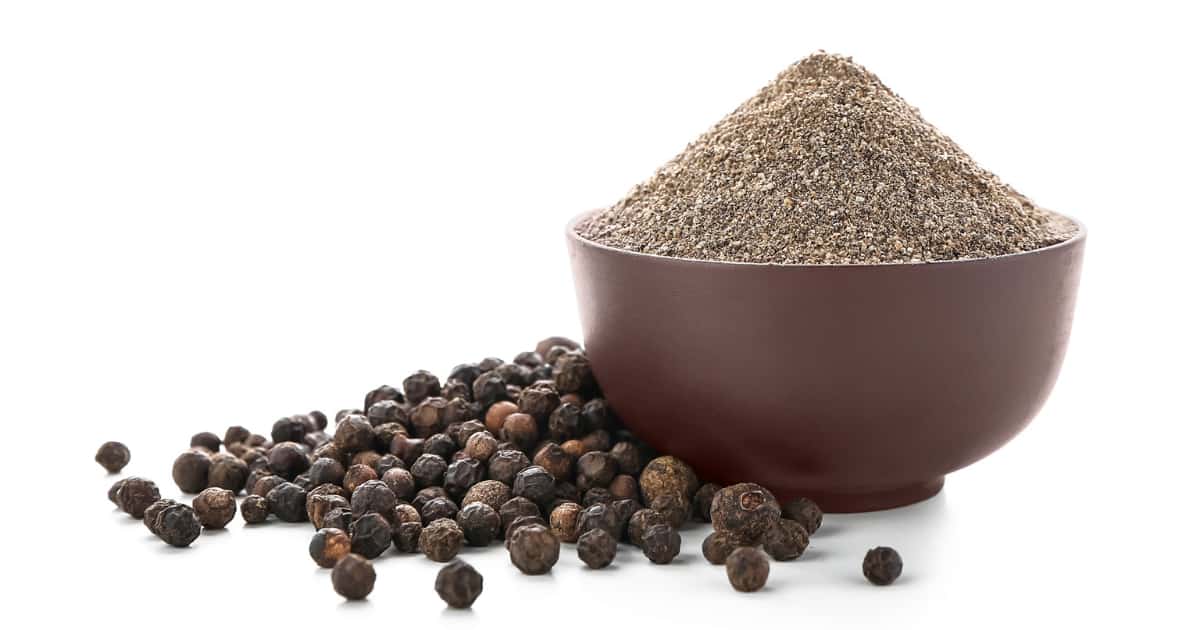
Tellicherry black pepper, sourced from the Indian port town of Tellicherry, is renowned for its large, aromatic, and intensely flavorful peppercorns.
Left to ripen longer on the vine, these berries develop an exquisite richness with a slight warmth to taste.
Chefs and connoisseurs seek out this high-grade variety to add complexity and warmth to dishes such as soups or stews, whether roasted meats or vegetables have been added!
How to Utilize Black Peppercorns
Black peppercorns can be used as a spice and seasoning in the kitchen.
They can be added to recipes for flavor or used to create an aromatic pepper mill blend.
Before using these peppercorns, crush them gently just before use to release their full aroma and flavor.
Home Remedies Utilizing Black Peppers
Black peppercorns can also be home remedies for minor illnesses like colds, coughs, and indigestion.
For example, a standard cough treatment involves mixing crushed black peppers with honey and lemon juice - this mixture helps break up congestion while soothing the throat.
Tips for Storing Black Peppercorns
Here are some helpful hints when it comes to storing black peppercorns:
- Store them in a cool, dry, and dark location.
- Store them in a glass jar with a tight-fitting lid or plastic bag with the air squeezed out.
- If your climate is particularly humid, consider storing peppercorns in the fridge.
Conclusion
Black peppers are versatile and flavorful ingredients that can be used in many ways.
If you want to add some heat to your food or reap the health benefits of black pepper, always keep some on hand.
Just remember to store them properly so they stay fresh and potent.

